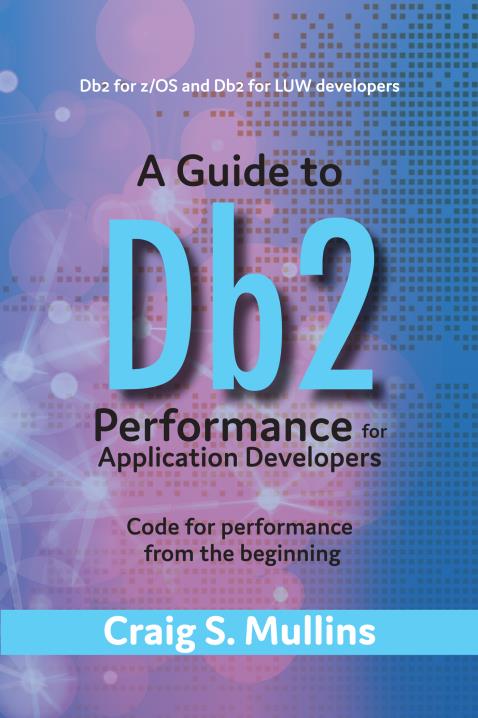If you are at all involved in assuring the quality of your company’s data you need to know the work of Thomas C. Redman. Dr. Redman has been working on improving data quality for years and he has written numerous articles and books on the subject. His latest book,
Data Driven: Profiting From Your Most Important Business Asset is another winner.
Redman offers the basic thesis of the book right there on page one, where he states “…bad data lie at the root of issues of international importance, including the current subprime mortgage meltdown, lost and stolen identities, hospital errors and contested elections.” After laying down the problem, the rest of the book tells us what we need to do to correct the problems.
Data Driven will help you to improve the methods you deploy for the care and feeding of your data and information; in other words, helping you to control and manage data using similar processes and controls that you deploy on your other assets (finances, people, structures, etc.) – a noble goal, indeed!
The writing is concise and snappy – you won’t get bored reading this book. The style is engaging and it is easy to read. For example, instead of just saying what to do and how to do it, which can be boring, Redman discusses many of the arguments people use to say that data quality is impossible, and then debunks them showing that data quality is possible, if approached properly and thoroughly.
There are many good ideas, charts, and graphs in
Data Driven, too. One of my favorites is on page 54, where you can find a chart of the ten habits followed by those with the best data. If you buy this book, make a poster-sized photocopy of that page and hang it up on the wall of the break room and in the data folks’ cubicles. Maybe the habits will rub off on everyone as they gaze upon them everywhere.
But the best little gem in this wonderful book is the entirety of the last chapter, which is titled “The Next One Hundred Days.” In this chapter Dr. Redman offers what he calls a hundred-day panorama. It is not a grand plan because most will not have the depth of understanding required to create such a plan and have it succeed. Instead, the panorama strives for breadth, not depth, with a focus on quality. Diligent readers can follow the guidance in this chapter and thereby begin the long-term process of appreciating the importance of data quality on their business practices.
And that alone is worth the price of the book… but, of course,
Data Driven offers much more and I recommend it to every IT and business professional whose job relies on accurate data.

